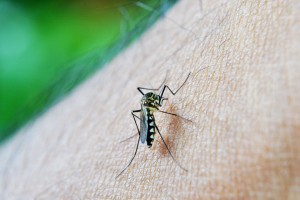We’ve all heard by now about the damage the Zika virus can cause to babies developing in the womb. Up until a few days ago, we thought there were no mosquitos w ith Zika here in the U.S. But in the last week, two possible cases of mosquito transmission in Florida have emerged. What you may not have heard is that Zika is being transmitted sexually from infected men (via semen) to their sexual partners. This causes me great concern, and adds to the number of serious consequences of STDs.
ith Zika here in the U.S. But in the last week, two possible cases of mosquito transmission in Florida have emerged. What you may not have heard is that Zika is being transmitted sexually from infected men (via semen) to their sexual partners. This causes me great concern, and adds to the number of serious consequences of STDs.
Most parents of today’s teens took health classes in which they learned about 4 known STDs: herpes, HIV, gonorrhea and syphilis. Now, most health classes teach about 10 to 12 common STDs, all HERE in our area. And young people from the ages of 15-24 account for HALF of all new STDs diagnosed each year! Teen Decision gives the facts to teens about STDs, and urges teens to avoid the risks by choosing to wait to have sex. But, it’s up to parents to keep the conversation going. To learn more about STDs and their consequences, click on this LINK.


